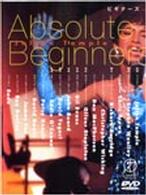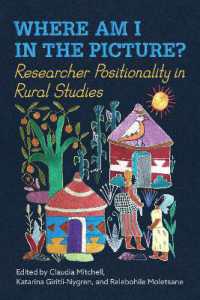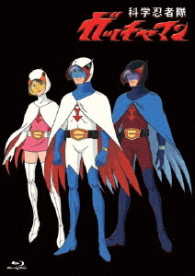- ホーム
- > 洋書
- > ドイツ書
- > Mathematics, Sciences & Technology
- > Biology
Full Description
In recent years, the study of human evolution has made substantial advances—from major fossil and archaeological discoveries to breakthroughs in paleogenetics and analytical methods. Yet, does more data necessarily lead to better science?
This volume challenges this assumption, arguing that advances in understanding human origins require critical reflection. Transforming scarce and incompete data into claims about the distant past demands also deeper insights into how such knowledge is constructed, validated, and questioned.
Bringing together leading scholars from across disciplines, this volume examines the historical, philosophical, and epistemological foundations of human evolutionary research—from paleoanthropology and prehistoric archaeology to molecular anthropology and primatology. Rather than resolving long-standing debates, the authors illuminate the complexities behind them, encouraging a richer diversity of thought and method.
Ideal for researchers, students, and readers in both the sciences and humanities, this book invites a deeper, more inclusive engagement with the human past.
Contents
Part I. Introduction.- Chapter 1. Critical Thinking in Human Evolution: Reflexive Approaches to the Human Past.- Chapter 2. Why It Is Necessary to Critically Rethink How (Scientific) Knowledge Is Constructed.- Part II. Historical Perspectives on the Study of Human Evolution.- Chapter 3. Historical Reflections on Human Evolution in the Nineteenth Century: Beyond Darwin and "Darwinism".- Chapter 4. The Methodological and Theoretical Framework of Early Paleoanthropology.- Chapter 5. Interpretations, Influences, Personalities, and the Phylogeny of Palaeoanthropology.- Chapter 6. Sherwood Washburn's Pragmatic Evolutionary Theory.- Chapter 7. Punctuated Equilibrium and Human Evolution, 50 Years Later.- Part III. Historical PeFrom Data to Evidence: Concepts, Models, and Representations.- Chapter 8. Images of Phylogeny and Visualizations of Evolution: Scales, Trees, Networks, and Maps.- Chapter 9. Proximate-Ultimate Causation in Human Evolution? Implications from Archaeology.- Chapter 10. On Genetic Data, Models, Story-Telling and Consensus: (Re) Constructing the Demographic History of Homo Sapiens and Its Putative Admixture with Neanderthals.- Chapter 11. Human Behavior Genetics and Human Evolution.- Part IV. Otherness and Diversity in Human Evolution: Anthropological and Political Perspectives.- Chapter 12. Critical Hominin Theory.- Chapter 13. Is and Ought? Problems with Deriving "Natural" and Prescribing "Normal" via the Human Evolutionary Record.- Chapter 14. When Neanderthals and Modern Humans Coexisted: How Philosophy, Archaeology and Prehistory Novels Are Working Towards a More Inclusive Understanding of Deep Human History.- Chapter 15. A Decolonial and Multilayered Analysis on the Silencing of the Latin American Biological Anthropology: the Case of 'The Peopling of the Americas' Research.
-

- DVD
- ビギナーズ







